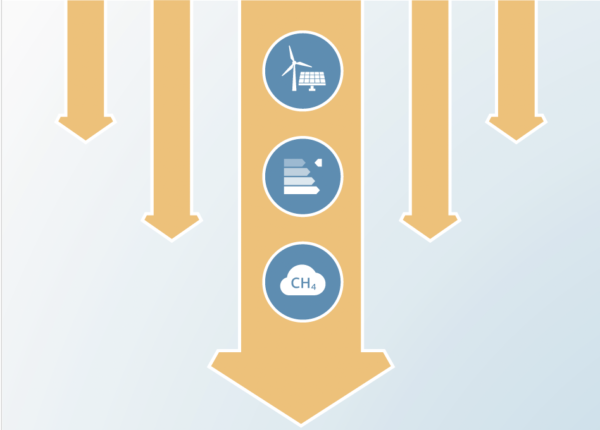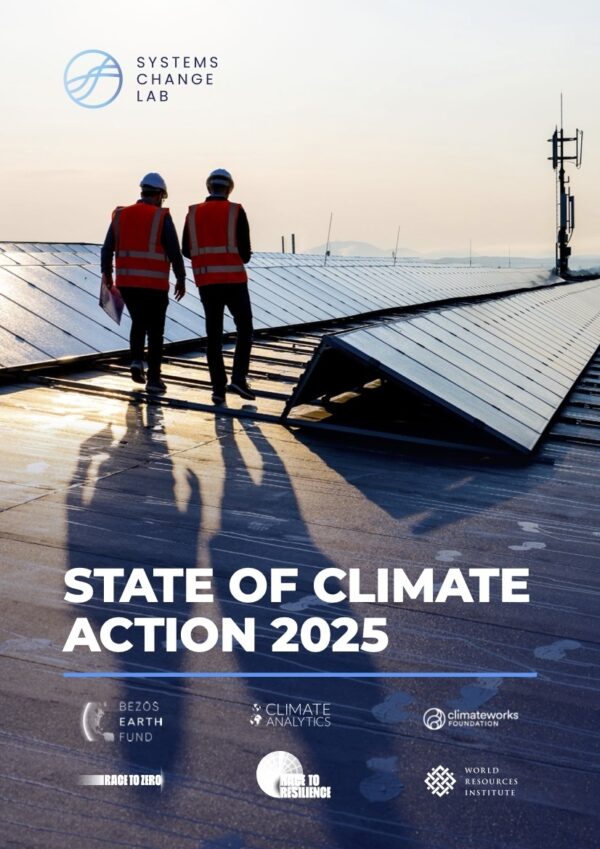Decarbonisation pathways for the EU power sector
Authors
Andrzej Ancygier, Ursula Fuentes, Himalaya Bir Shrestha
Share

This report explores the current context and opportunities for emission reduction in the European power sector. It describes the political framework within which emissions reduction in the EU takes place and the key drivers determining the speed of emissions reduction in the power sector. These drivers are presented at the backdrop of three case studies, with potential lessons for other countries.
It also assesses a suite of recently published scenarios resulting in an (almost) complete decarbonisation of the power sector from the perspective of compatibility with the Paris Agreement. On this basis, we list a number of policy repercussions and co-benefits resulting from transition towards a fully decarbonised power sector and provide a number of lessons learnt that can be used by other countries undergoing energy transition.
The European power sector is at the forefront of decarbonisation of the EU’s economy. Between 1990 and 2019 greenhouse gas emissions from the sector decreased by 44%, with a significant acceleration even before the COVID-19-induced economic crisis. The share of renewables has almost tripled, from below 13% at the beginning of that period to almost 36% in 2019 and could even exceed 40% in 2020. These changes are the result of a governance framework which underwent numerous changes over the last three decades – especially since 2000.
The introduction of support mechanism for renewables, carbon pricing in the framework of the EU ETS, EU’s air quality regulations, and more recent decisions of the majority of the EU member states to phase out coal, were the main drivers of these changes. These drivers played different roles in different EU member states. The introducion of feed-in tariffs was the main early driver of transformation in many countries. This was also the case in Germany and Spain, two out of three case studies we look into in more detail.
Policy continuity and predictability is essential not only for moving the transformation forward but also decreasing its economic and social costs. A case in point is the experience in all three countries analysed in more detail in which radical policy change resulted in a significant slow down in new PV installations in Germany, and a collapse of domestic market for renewable energy industry Spain (for PV) and Poland (for wind) accompanied with job losses.











